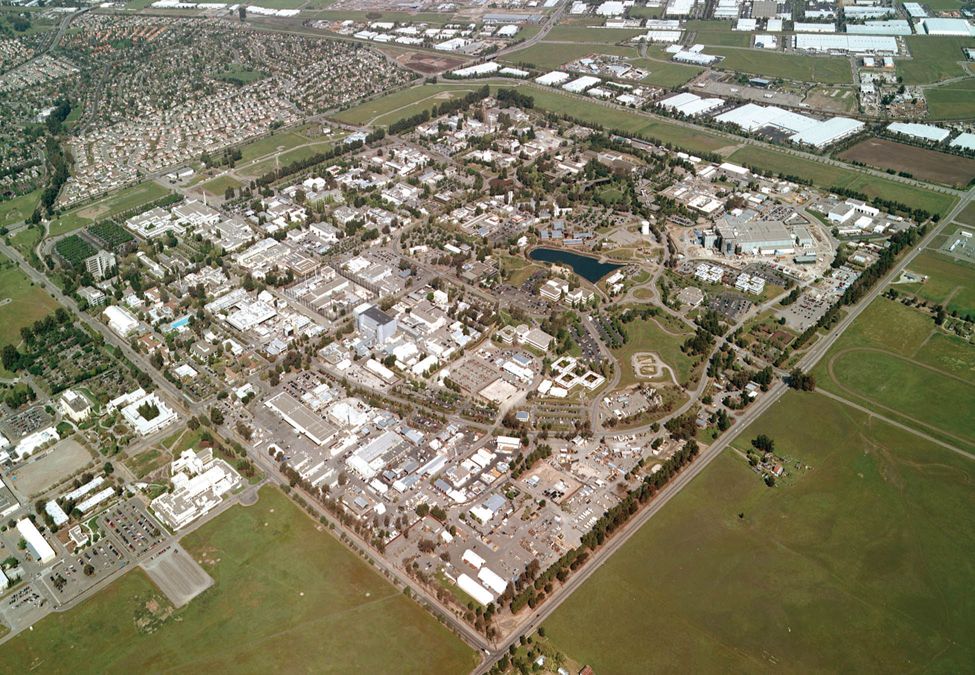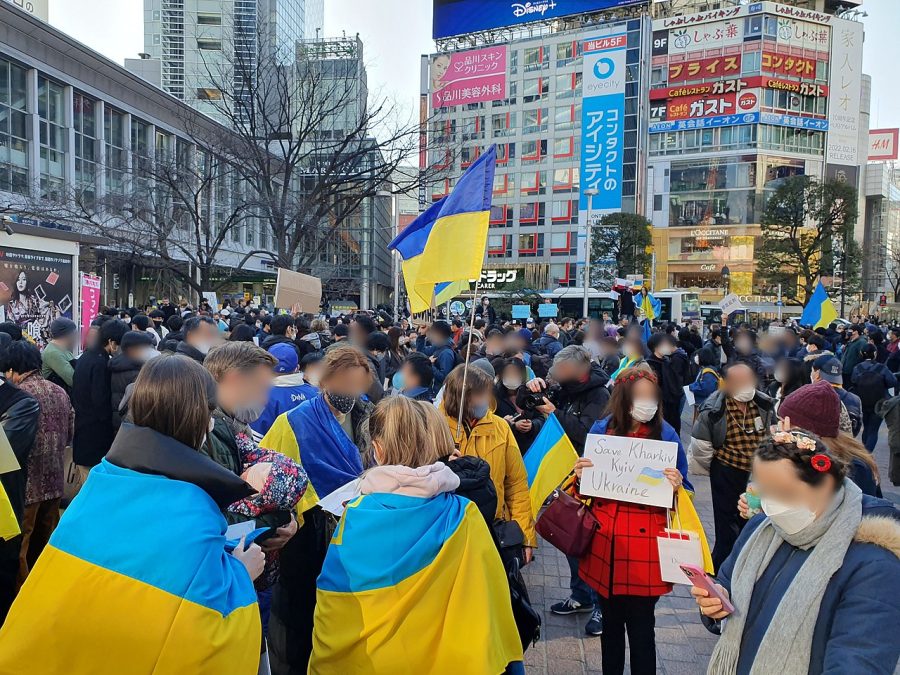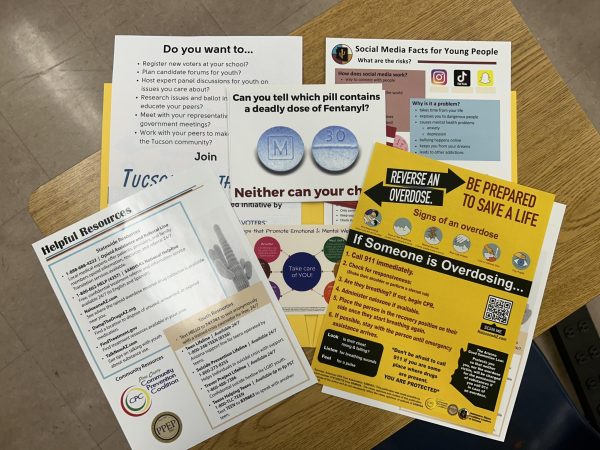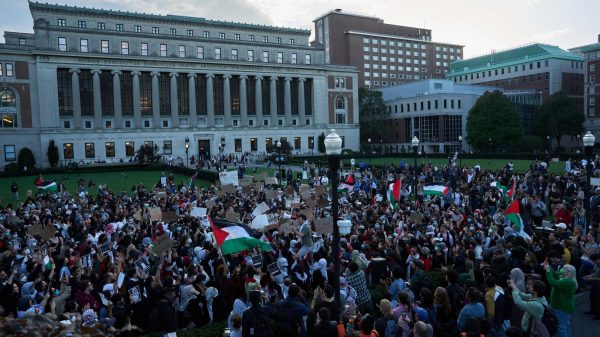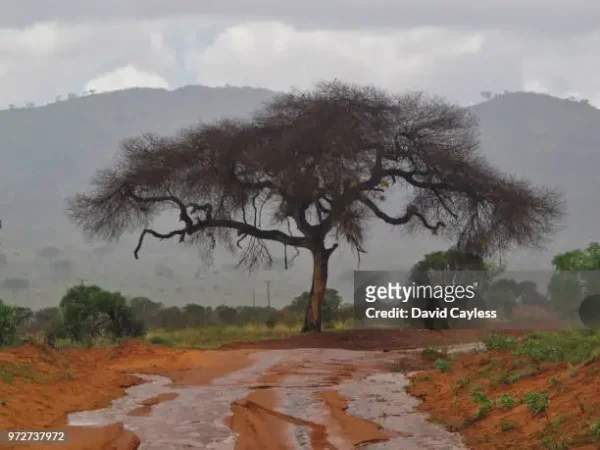Top 10 World Events of 2022
Gabriel Davidson, Editor
December 20, 2022
Feb. 4: the Beijing Winter Olympics began. Concerns over human rights violations in the host country of China sparked controversy over the Olympics. Norway won the most medals, with Germany second, and China third.
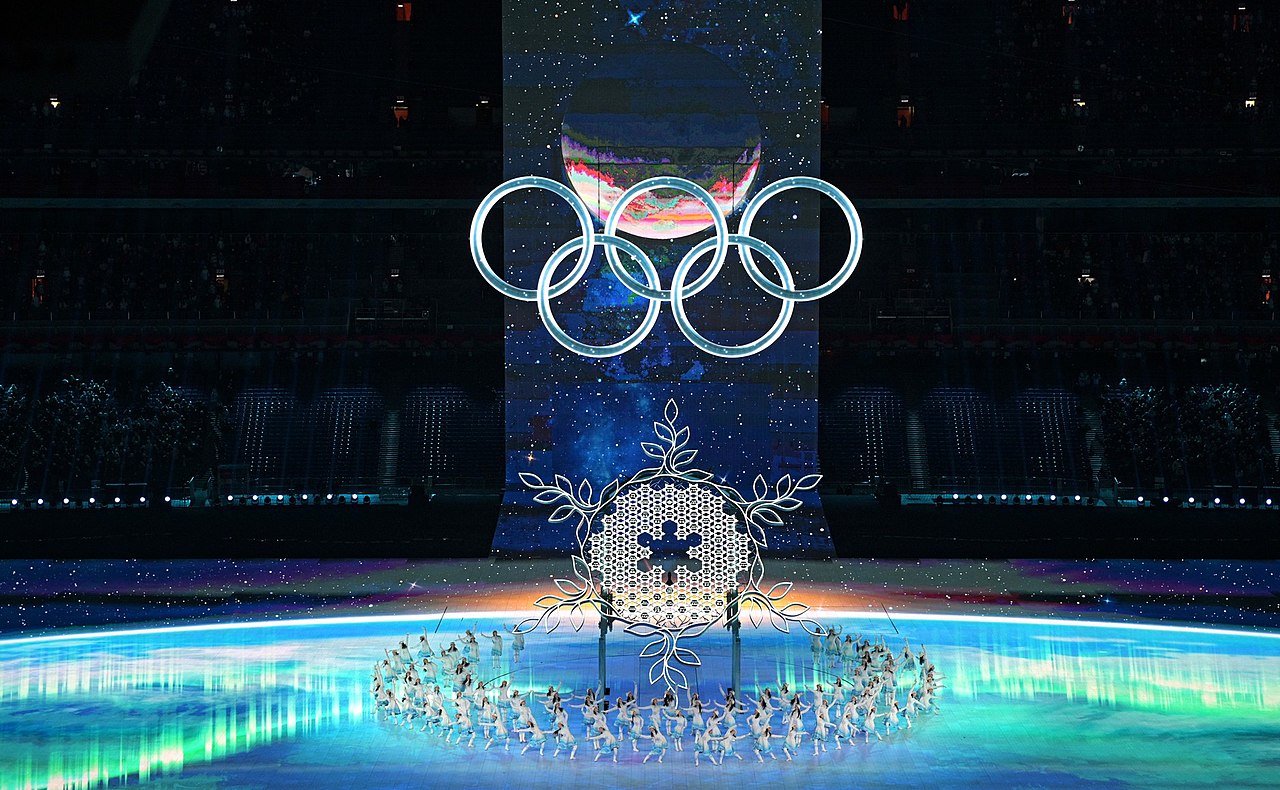
Feb. 24: Russia invades Ukraine, causing a large-scale conflict in Europe with repercussions for the rest of the world, including economic strife, high European tensions, and the lingering threat of escalation. The conflict has already claimed hundreds of thousands of lives, seeing Russia set up referendums largely agreed to be shams resulting in the annexation of Eastern Ukrainian regions. Thought to be a quick victory for Russia, Ukraine’s ability to hold its own against the nation has been perceived as not only an inspiration to Western powers but an issue with severe geopolitical ramifications.
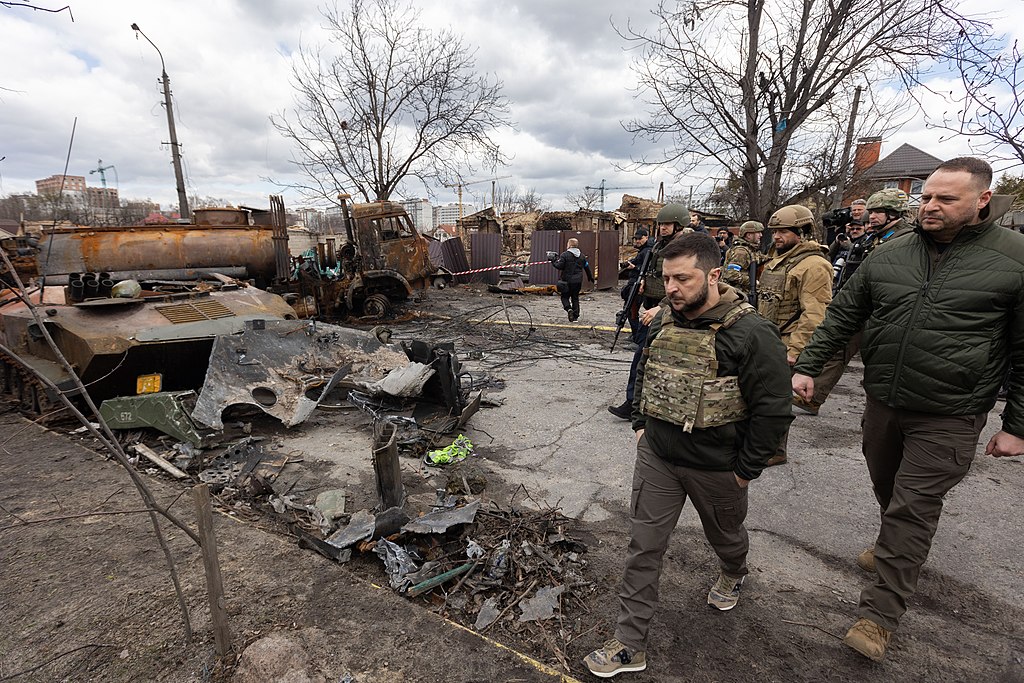
May 6: the first case of multiple Monkeypox infections is reported in London. On Jul. 23, WHO’s Director-General declared the outbreak a public health emergency of international concern. Spreading quickly and through close personal contact or objects an infected person has come into contact with, the disease has already affected some 70,000 people.
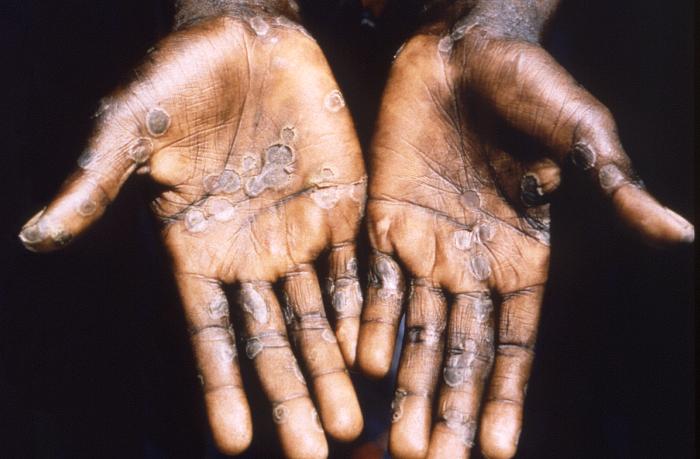
Jul. 8: Japan’s former P.M. Shinzo Abe is assassinated by Tetsuya Yamagami with a makeshift firearm. Yamagami, a former Japanese Maritime Self-Defence Force member, cited disgruntlement over Abe’s relations with the Unification Church, whom the assailant’s mother had donated to resulting in her bankruptcy.
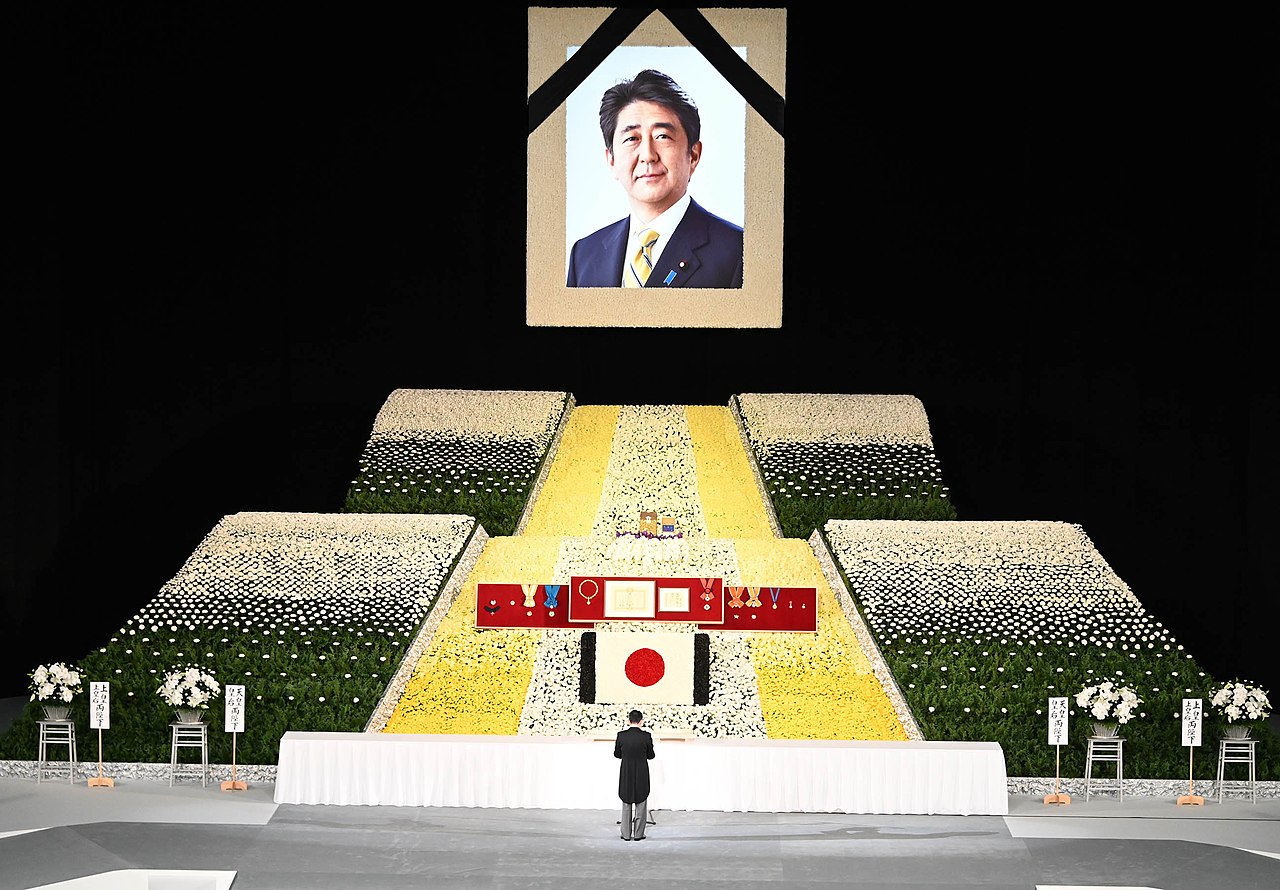
The Democratic People’s Republic of Korea, better known as North Korea, has broken its own record for testing missiles a total of 35 days (at the time of writing) throughout the year. North Korea also launched missiles over Japan, something that it had not done in nearly 5 years.
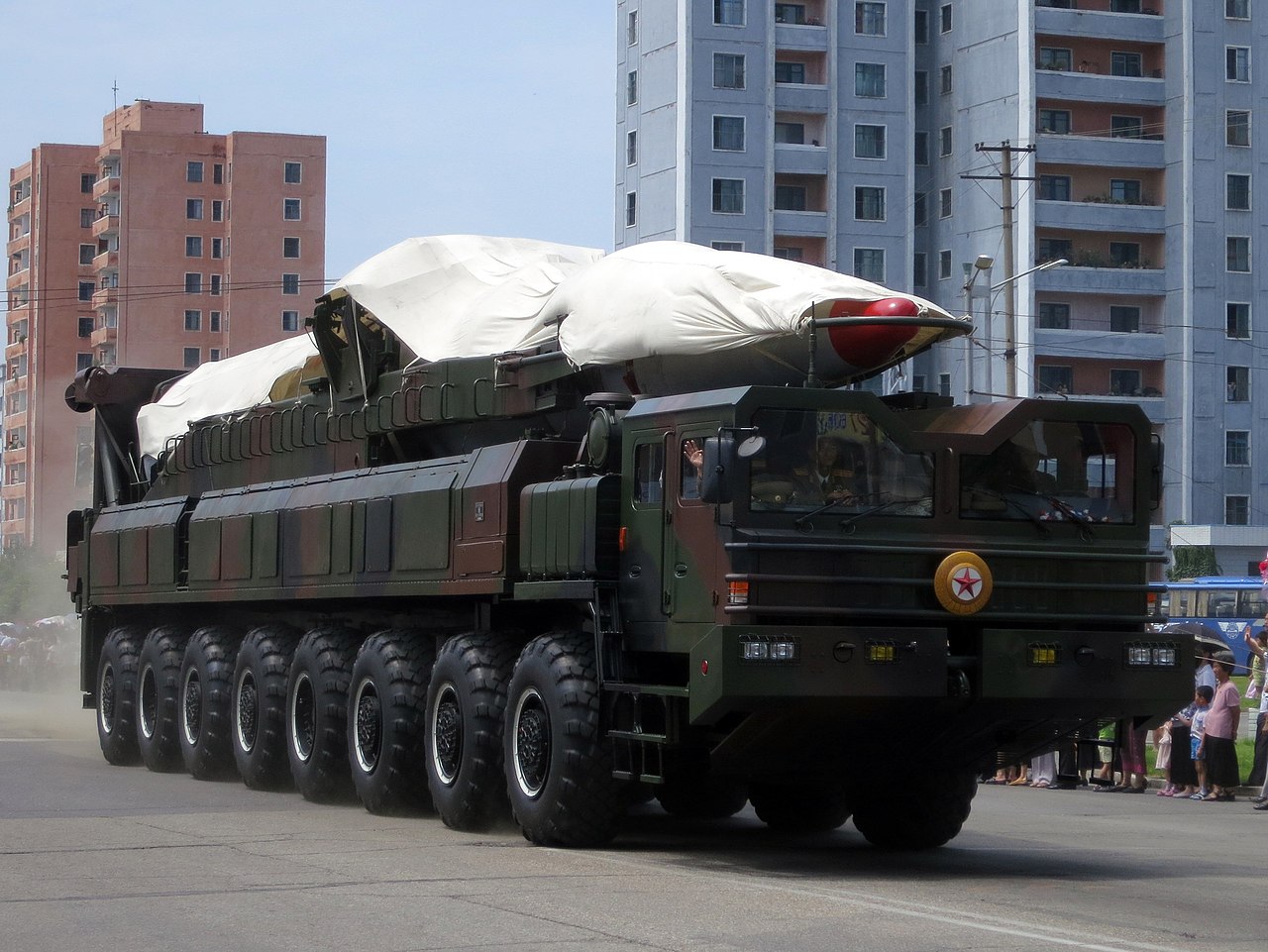
Oct. 25th: London, United Kingdom. Prime Minister Rishi Sunak arrives in Downing Street after a successive leadership crisis in the UK Conservative Party. Sunak replaced the short-lived Prime Ministership of Liz Truss, whose disastrous leadership saw her cabinet resign in just 44 days. Boris Johnson preceded Truss, whose government also resigned after widespread party dissatisfaction over multiple issues, among which were his COVID policies and the report which revealed not even he was abiding by them. Picture by Lauren Hurley / No 10 Downing
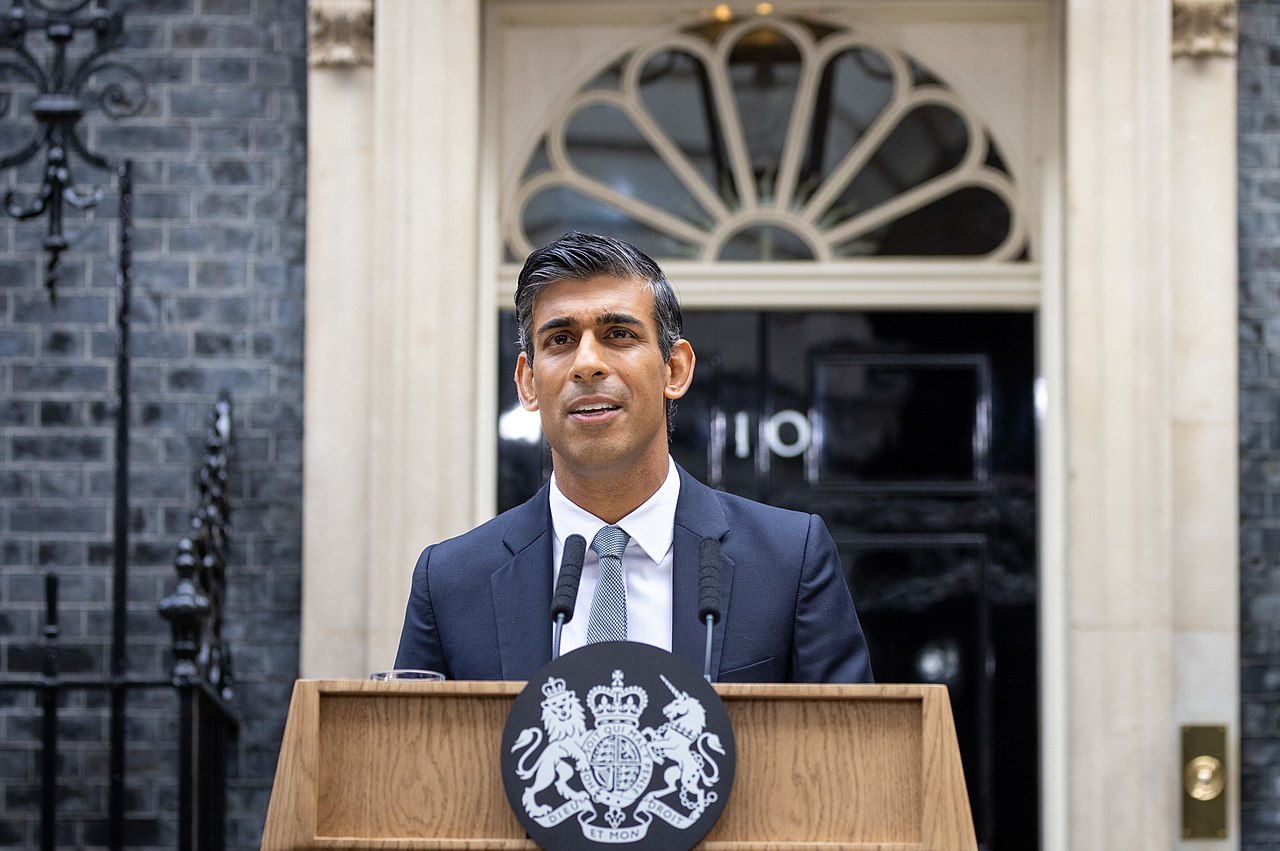
Sep. 8: Queen Elizabeth is publicly announced dead 3 hours after her passing. Elizabeth was the longest-reigning monarch in English history, beginning with the death of her father and her ascendancy to the throne in 1952. Beloved by millions, Elizabeth’s death was mourned across the world, though controversy sparked over royal scandals, British colonialism, and the issue of the monarchy itself, with some calling for its abolition and a republican government.
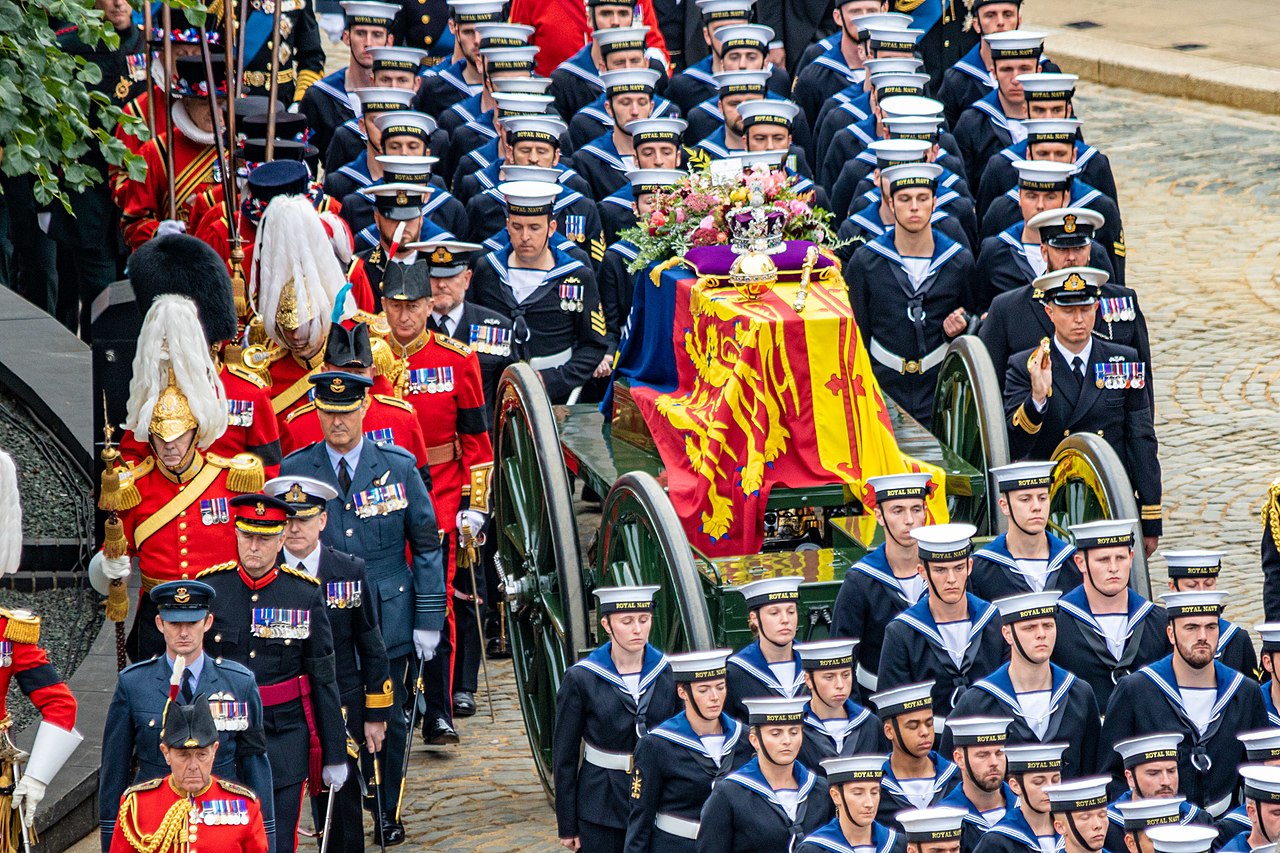
Sep. 16: protests and civil unrest are sparked in Iran following the detainment and death of Mahsa Amini, reported by eyewitnesses to have been brutalized by the Iranian Guidance Patrol. At least 469 protesters, of which 63 were minors, have been killed at the time of writing.
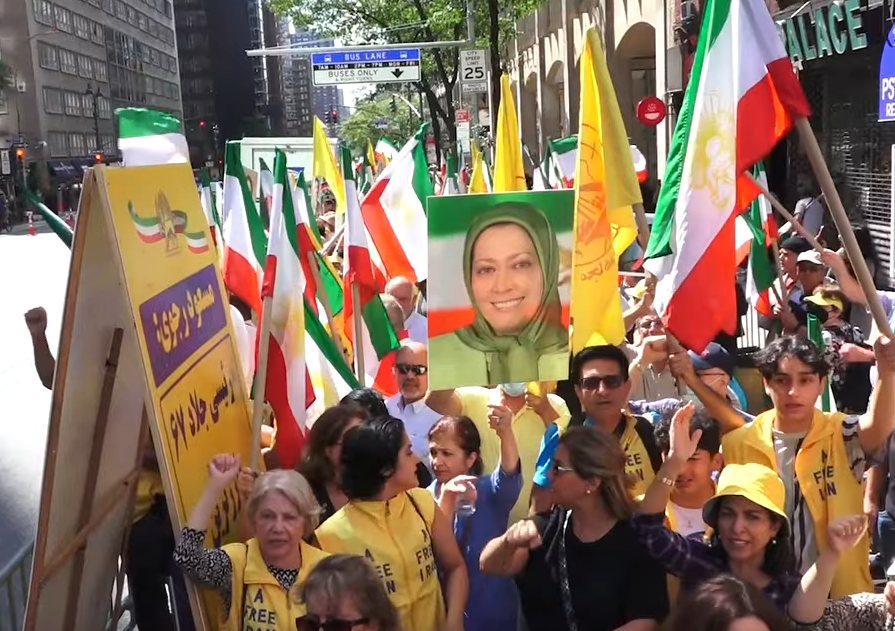
Nov. 26: large-scale protests break out across China over zero-COVID policies, discontent with CCP leadership, and poor working conditions. The protests are ongoing, with those in Beijing deriving inspiration from orthodox Marxism.
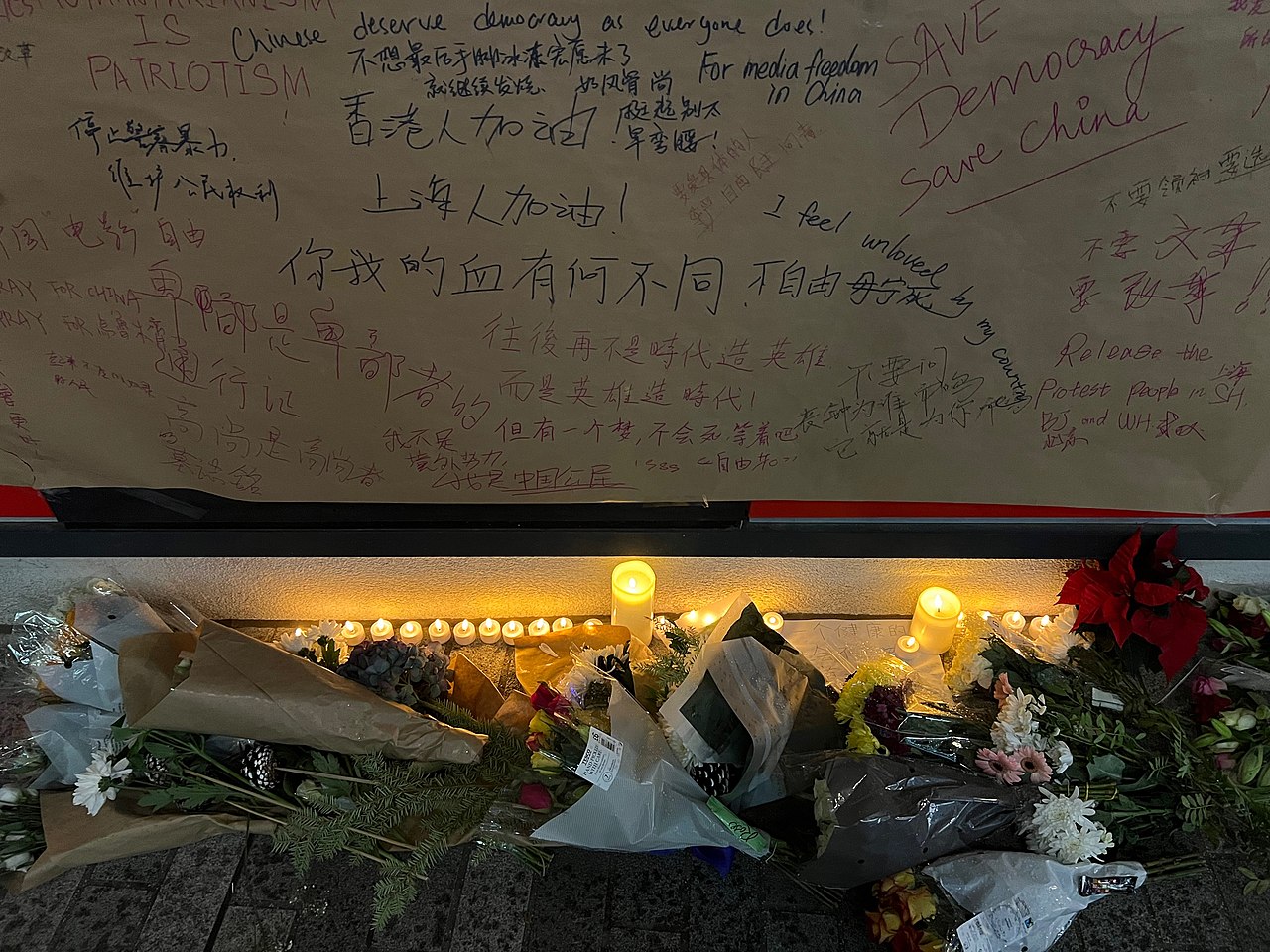
Dec. 13: scientists at the Lawrence Livermore National Laboratory, for the first time ever, produced a nuclear fusion reaction that resulted in net energy gain. Nuclear fusion could be an alternative energy source that eliminates greenhouse gasses and pollution, with the success of the test being considered a major scientific breakthrough.
